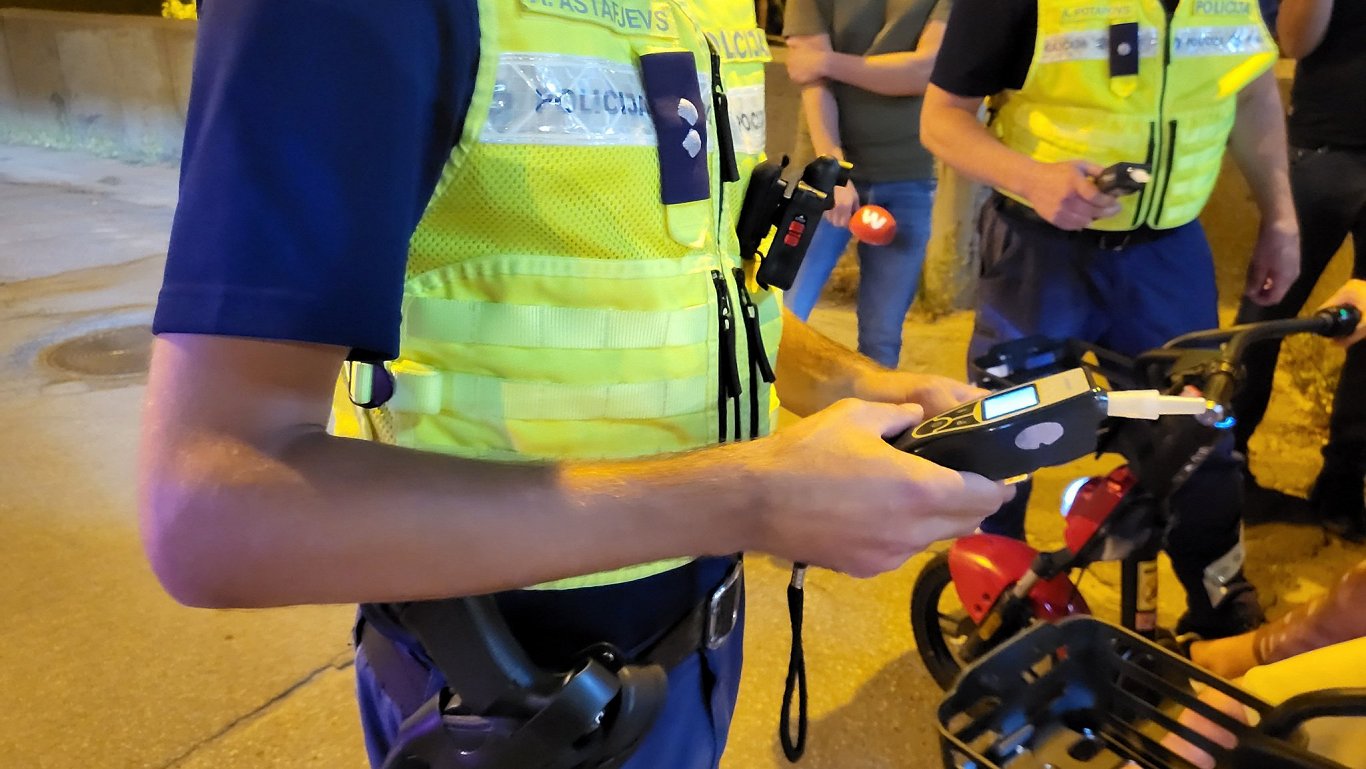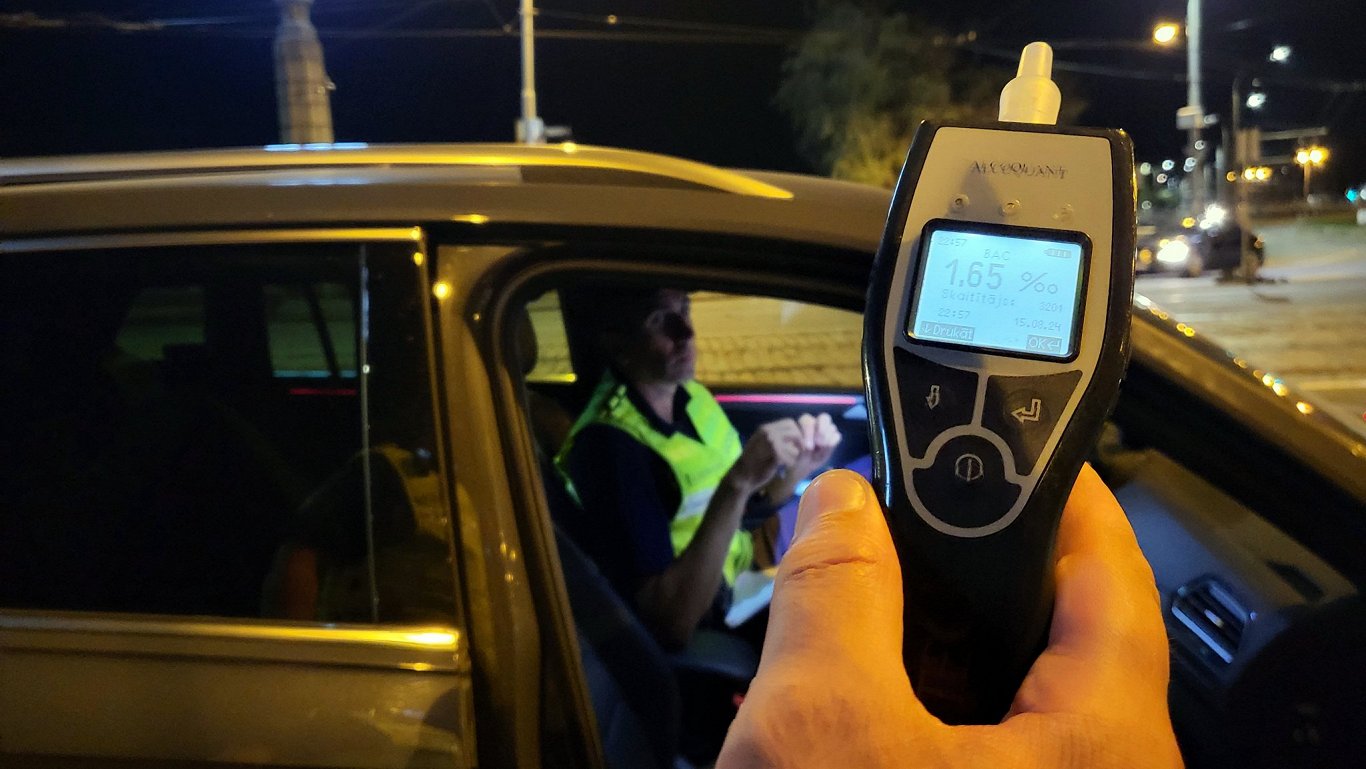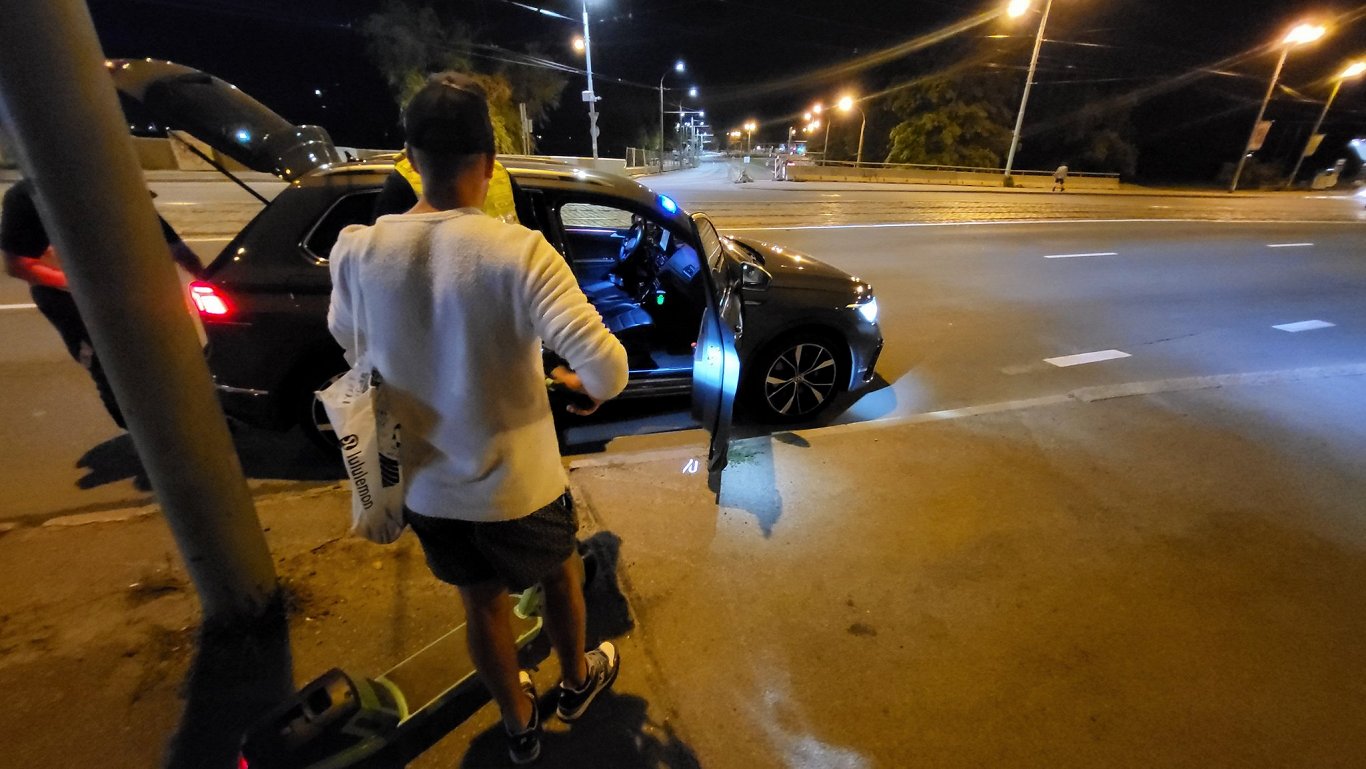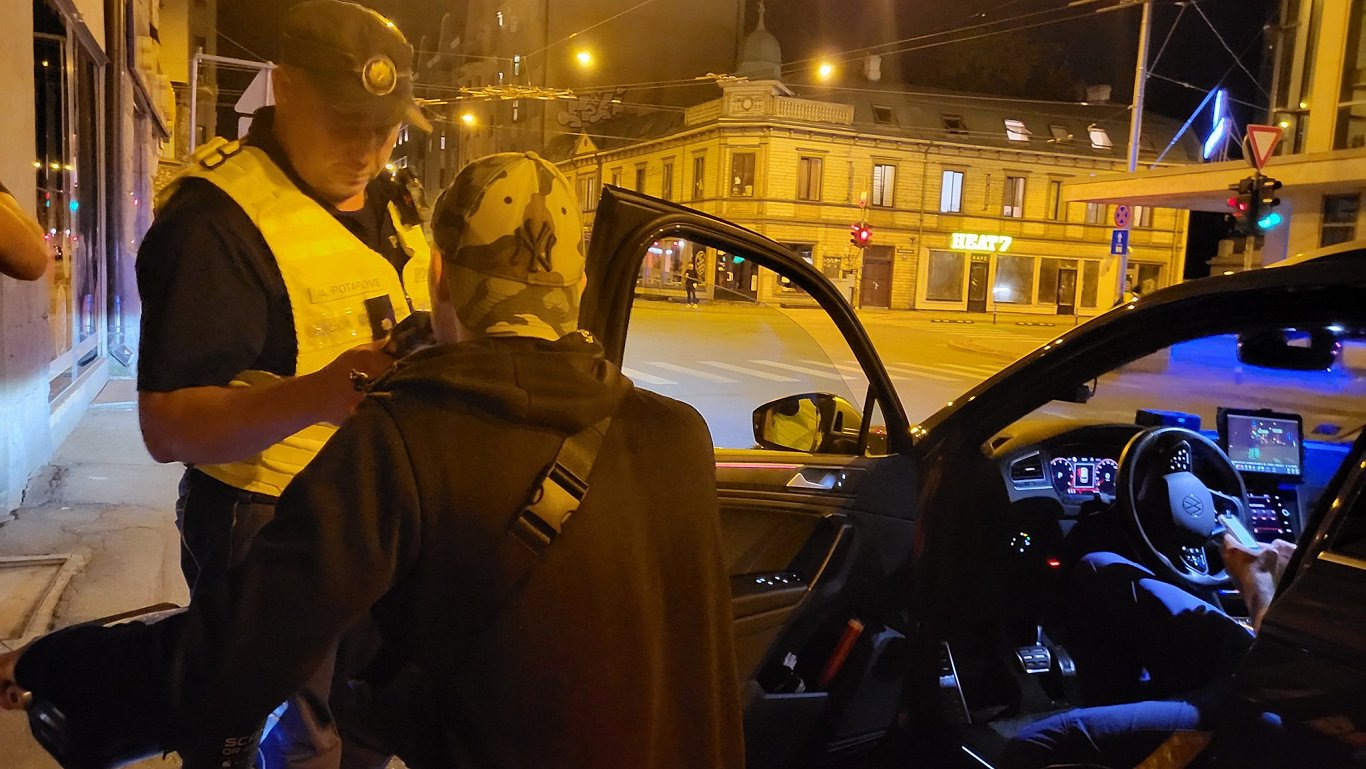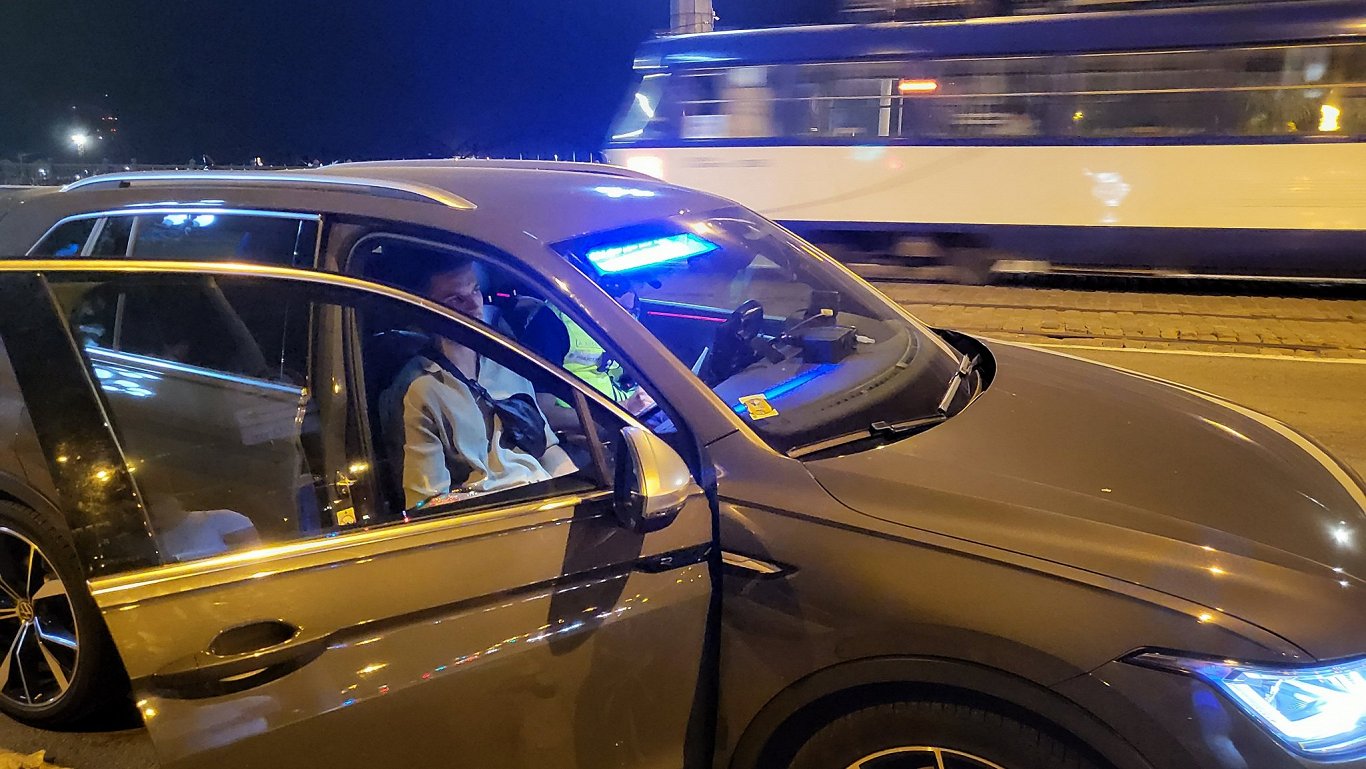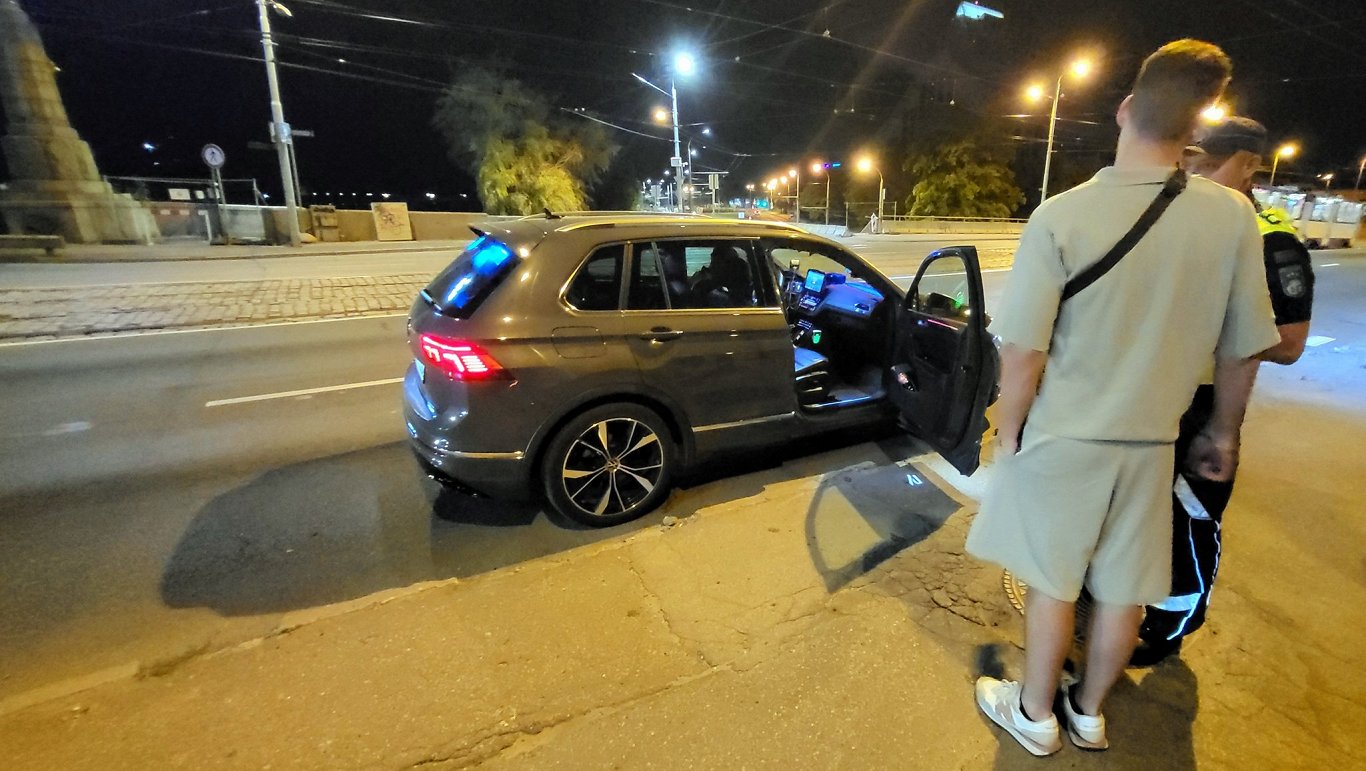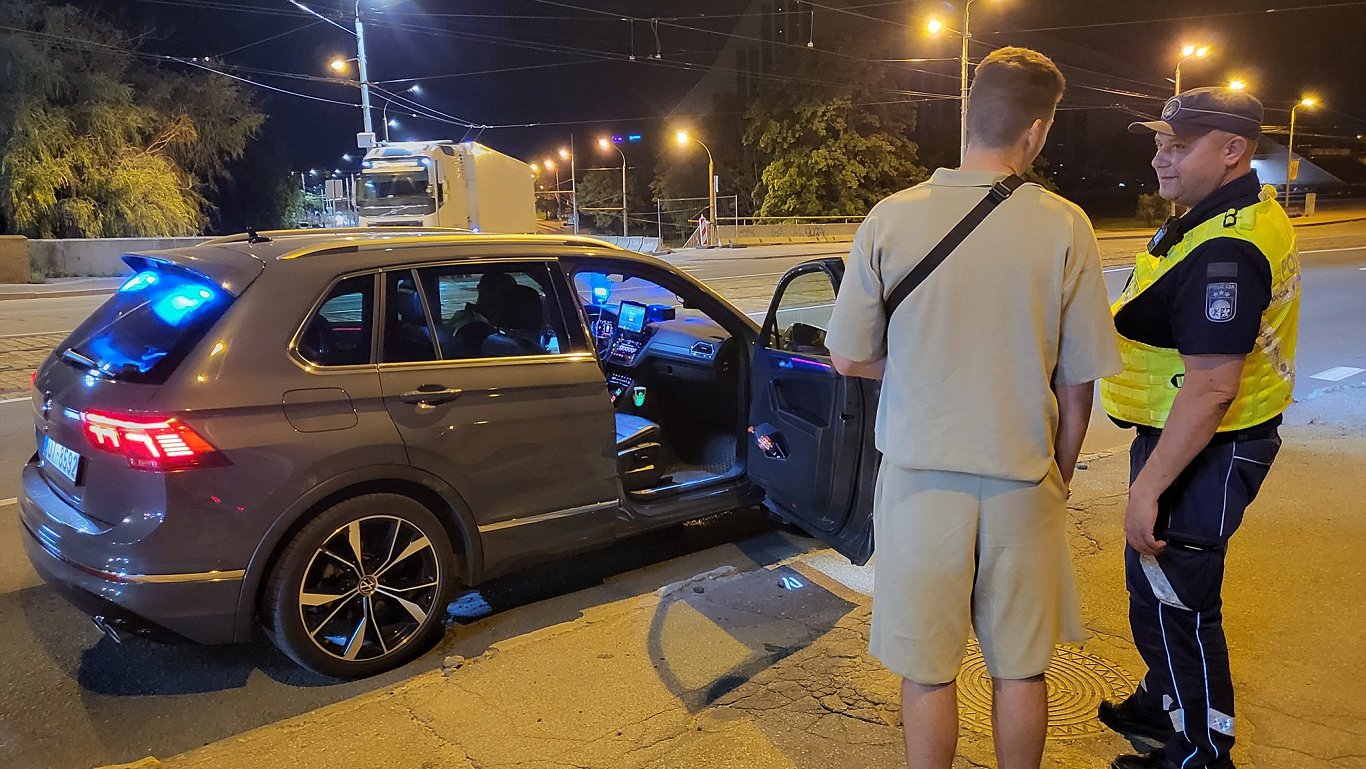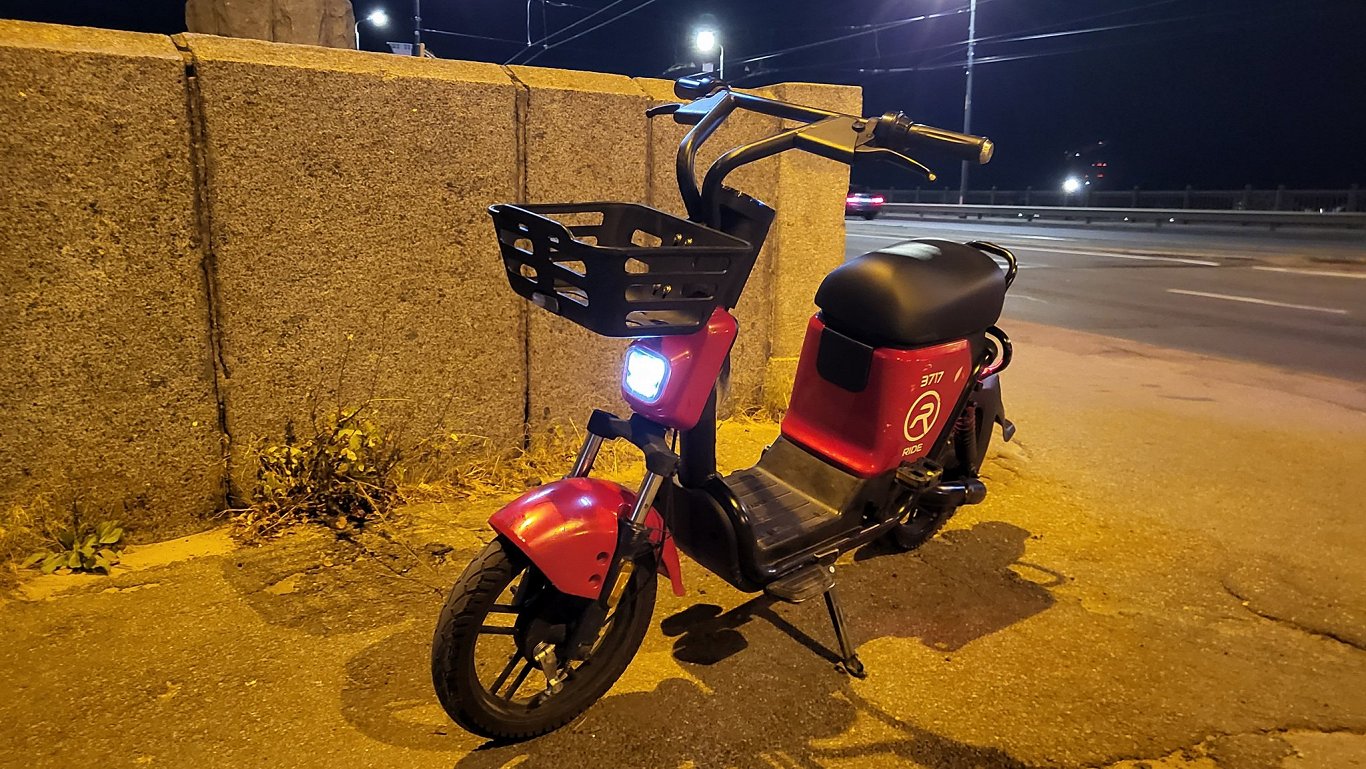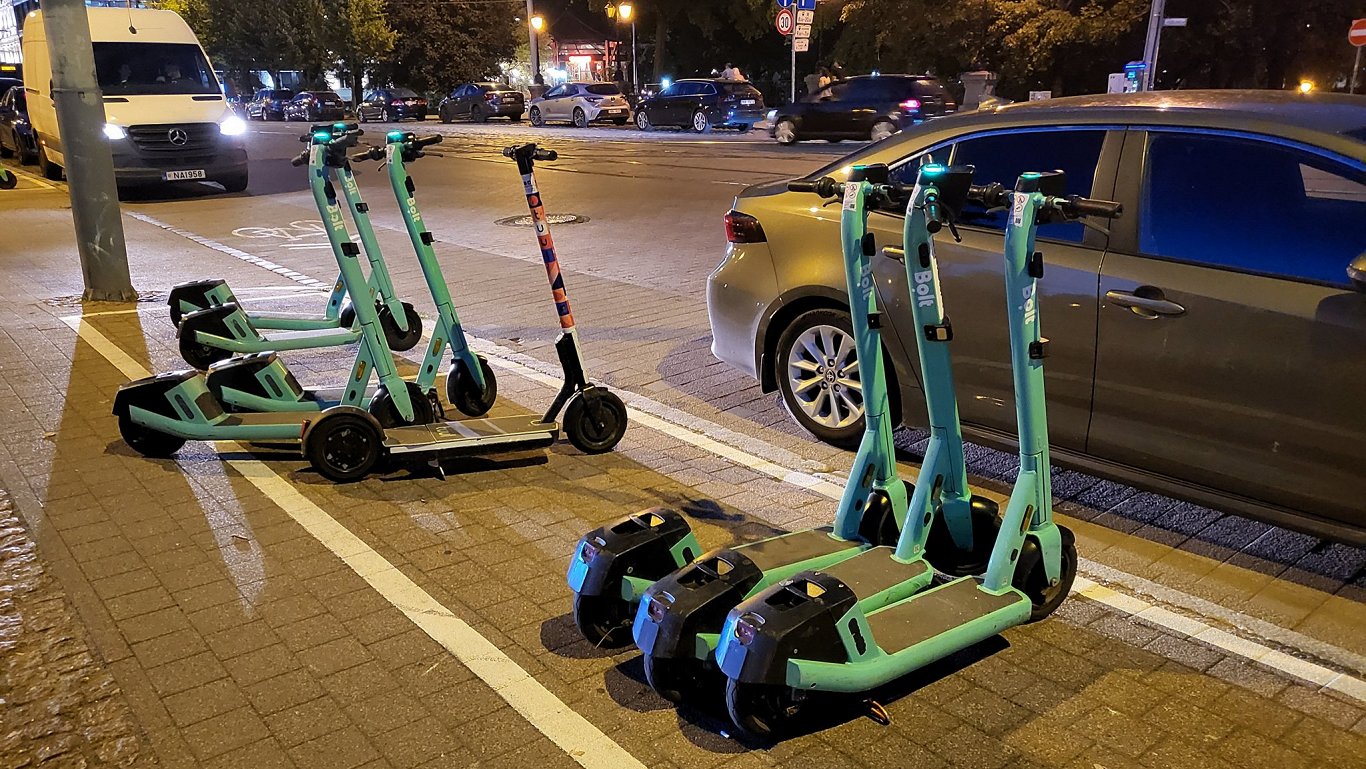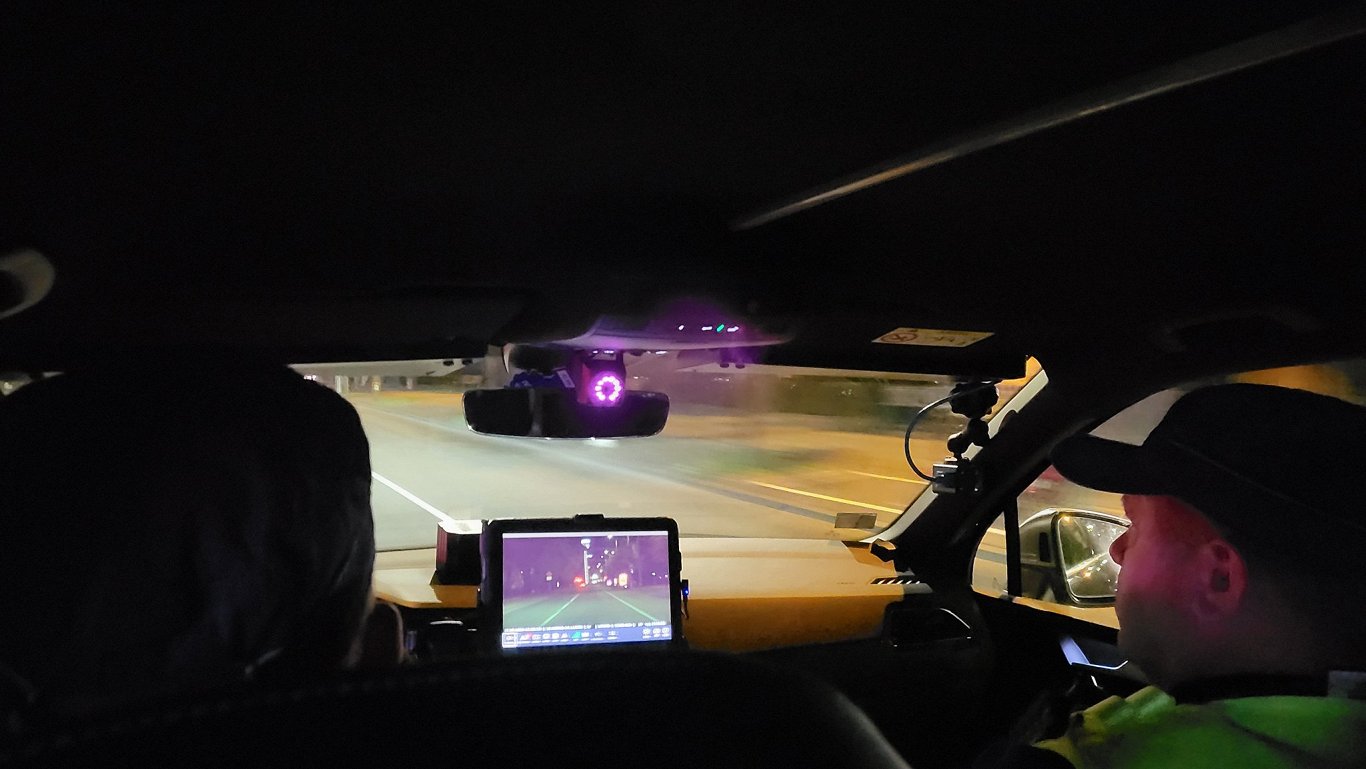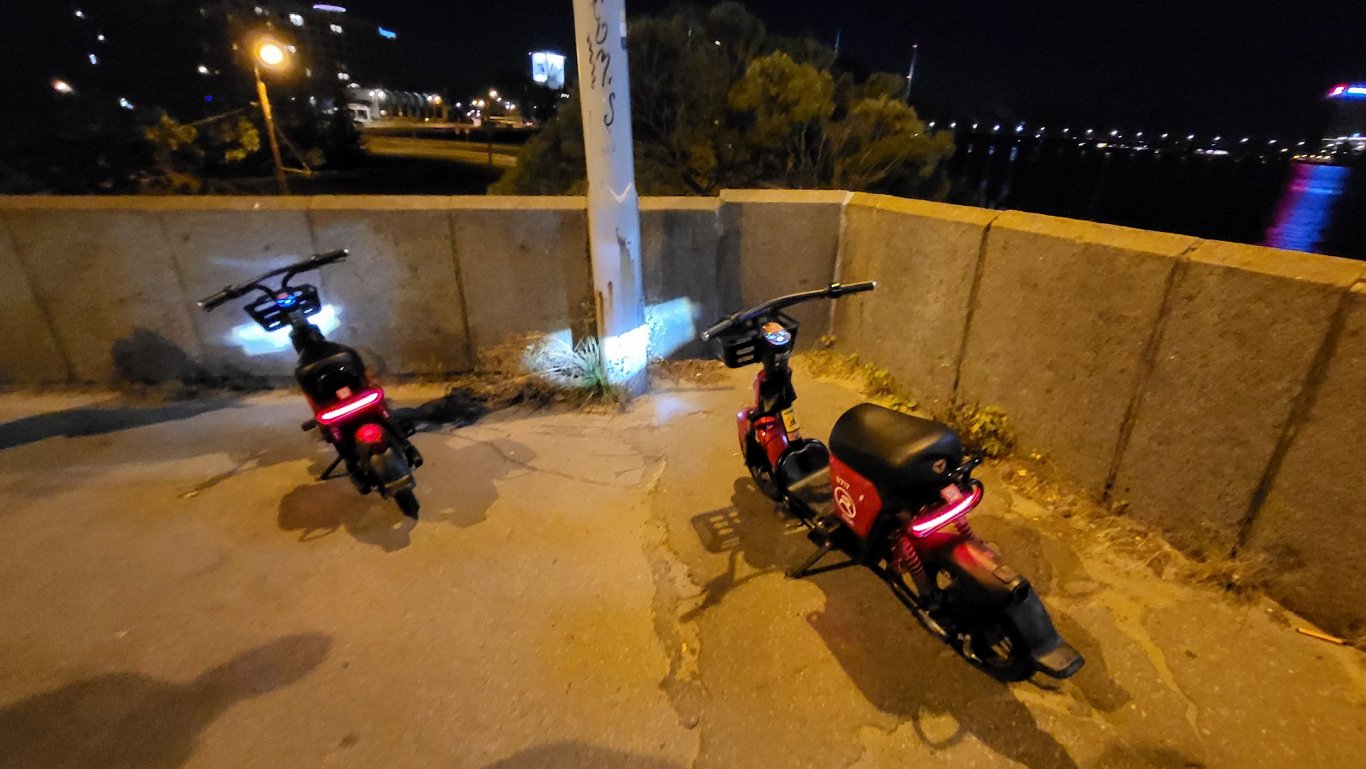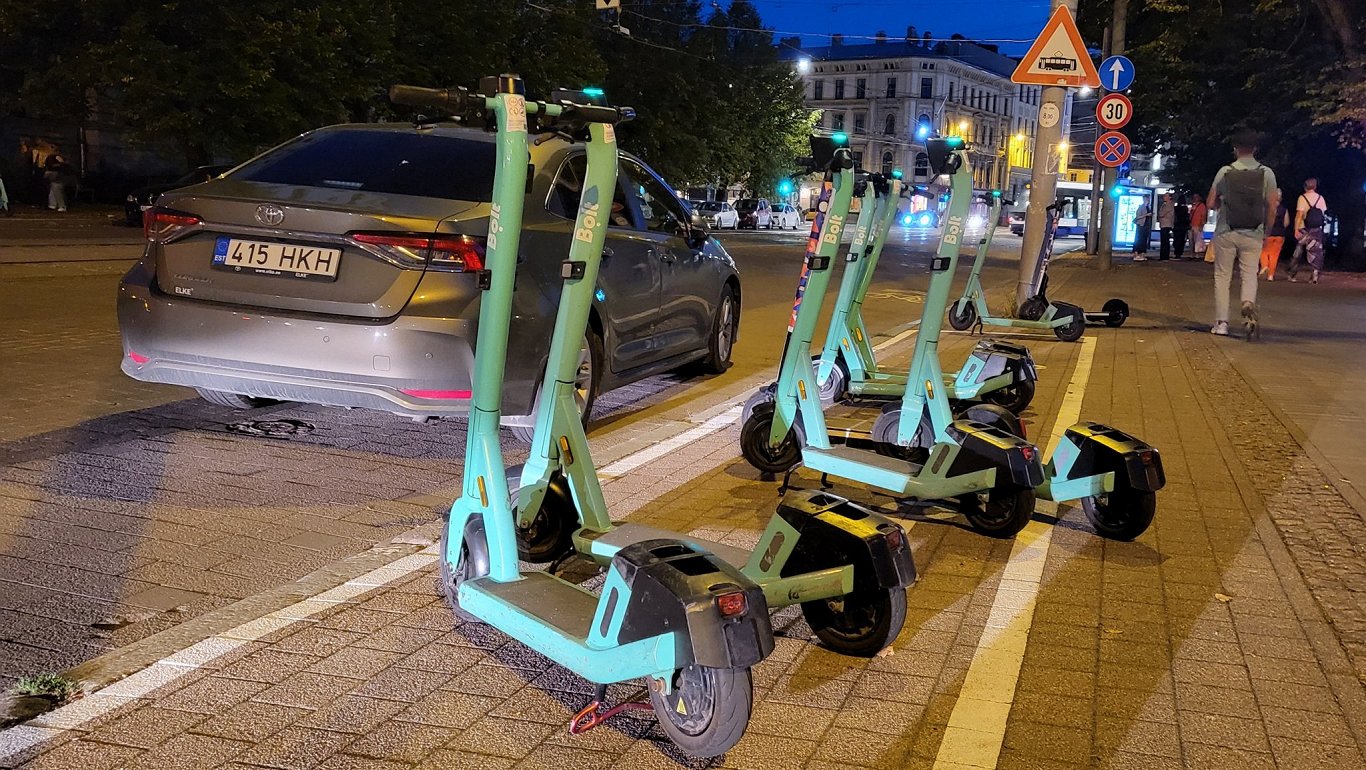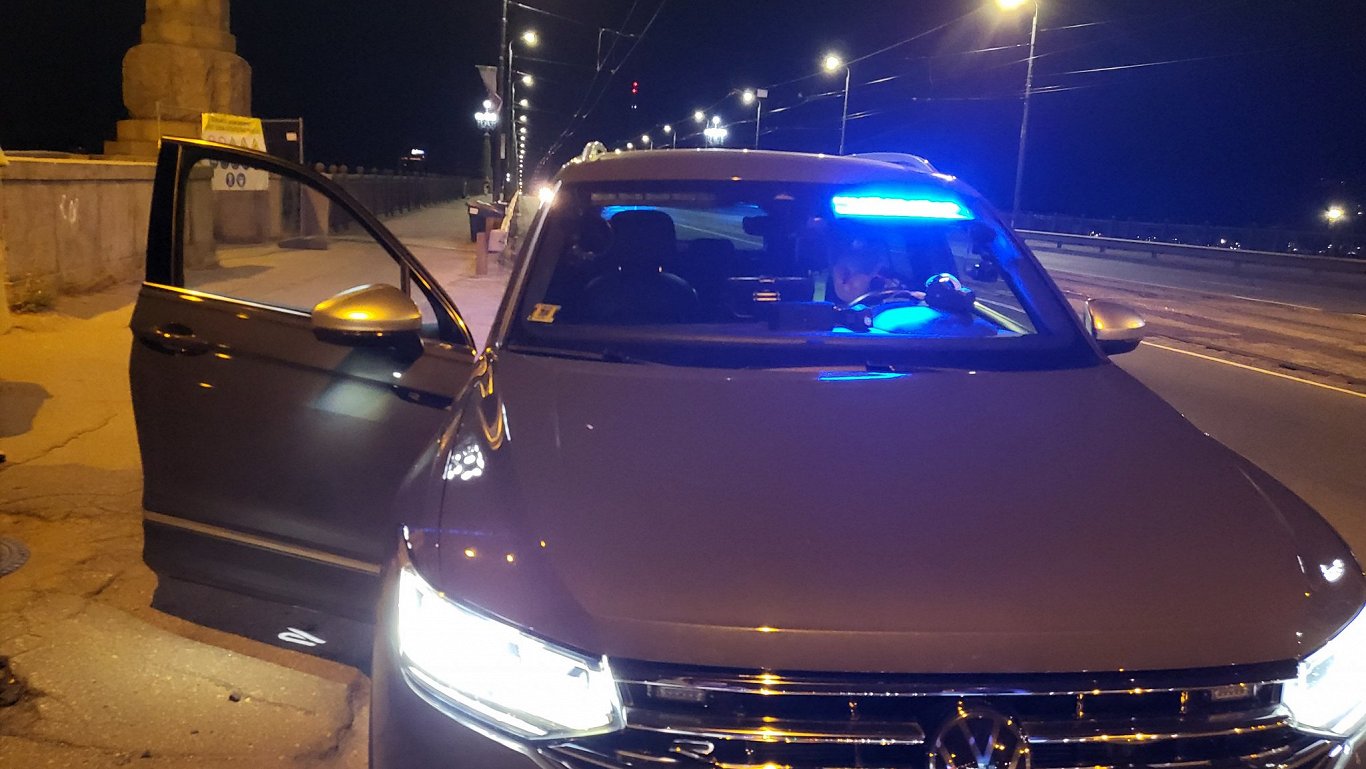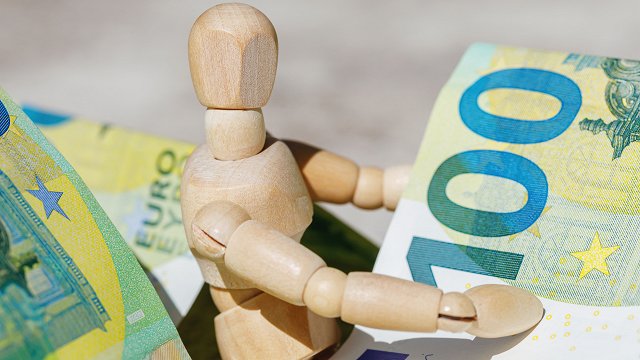On Thursday evening, Latvian Radio went with one of police crews. Around 23:00 in the evening, a police crew decides to check two "Ride" electric bicycle riders on the Akmens Bridge in the center of Riga.
The police stop the riders, say hello, and tell them that they will check their breath for alcohol. The stopped men confess themselves.
Rider: "Of course, we had beers."
Policeman: "Oh dear! A lot?"
Rider: "Oh dear! I think not. Let's see now. Let's find out!"
The more talkative of the two has an alcometer reading of 0.23 - not zero, but not punishable. The other has 1.39. This will make his ride home more expensive.
Now it will be an expensive ride, but it will not change his habits and he does not see any danger to others.
Rider: "I do it all the time, it's normal. I ride on the pavement all the time, there was no problem. Until now. Nobody is bothered by my actions. I do everything to prevent it. I will continue to ride like this. I will do the same."
The fine for riding an electric scooter under the influence of between 0.5 and 1 ppm is €70, between 1 and 1.5 ppm €120 and over 1.5 ppm €170.
15 minutes later, a young man is tested at 1.65. So - the maximum fine. The rental ride must be left on the side of the street.
At around 11 p.m., scooter and bicycle traffic across the Akmens Bridge is very dense, but the crew heads back to the city center. The next one checked on Matīsa Street has a reading of zero. "Good job," says the policeman.
Police and Latvian Radio continue the journey along the Old Town, around the Central Station, back to the Akmens Bridge shortly before midnight.
This time, a stopped Bolt scooter rider has 0.79. He has been drinking wine with friends. He doesn't want to say anything publicly but agrees that controls are necessary.
Meanwhile, another scooter rider stops by himself in front of the police. The meter does not show any alcohol. Guntis wishes there were more raids like this.
"Of course, everybody uses these scooters for one purpose, to get home from the Old Town. So we should have raids, especially at the end of the Akmens Bridge. I would say that these raids are too rare. I usually ride [the scooter] until the first snow, I've seen raids maybe five times in six months. You could probably check more often," says Guntis.
The next to attract attention are four young people riding two electric scooters. The police give them a verbal warning that it is forbidden to ride in pairs. The boys are foreigners and say that they did not think about it.
"We are Americans. We didn't know. We had already passed two other policemen. They didn't say anything about it," say the riders they met.
At the end of the evening, a cyclist with the highest level of intoxication of the evening - almost 3 per mille - also appeared in the sight of the police. He walked home and was fined 170 euros. The police describe the outcome of this raid as devastating.
"Devastating! Well, in two and a half hours, 7 cases were registered. That's a lot. Intoxication is the main reason why they fall and why they don't look when crossing the junction... They run into obstacles and collide with pedestrians or a bicycle driver or a car," explains law enforcement officer Verners Vangravs from the Riga Regional Directorate of the State Police.
The raid ends at around 1 a.m. In two and a half hours, the crews have caught at least seven riders of electric scooters and bicycles under the influence of alcohol. More such offenders often occur at weekends. Police carry out raids from time to time, but the number of people available has a significant impact, the State Police said. As for e-scooter riders, the introduction of fines has not done much to curb the problem.
"The thing there is that he is not aware of the consequences, for example, if he falls while going at 20-25 kilometers per hour. Alcohol also affects coordination. Do you think they often read the rules? They don't even think they are breaking anything," says Vangars.
Service providers are also paying more attention to drivers' behavior on the road. This time, the raid was carried out together with scooter rental operator Bolt.
An indicator has been introduced to help detect reckless behavior. Riding in pairs is also detected by sensors.
"Weight can be detected. We also record sharp turns, hard braking, and incorrect parking of scooters. In this way, the user accumulates points for reckless riding. This score is divided into three levels. On the first level, the app presents informative material with suggestions on how to improve driving habits," says Valts Marga, Senior Scooter Operations Specialist at Bolt in Latvia.
If the reckless driving score does not improve over the next five rides, the user's profile is limited to a maximum speed of 15 km per hour. If this does not help, the user is blocked from the platform.
